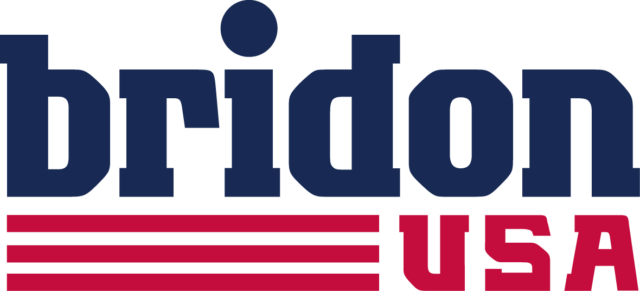The company is working to build, support and maintain a culture of animal welfare among all its employees. Toward that goal, the company has developed and implemented a systematic approach toward humane handling and slaughter, incorporating nearly continuous audits of all live-animal processes within its plants.
The audit system has several components. In “biased” audits, technical services specialists routinely observe and document animal-handling activities. For “unbiased” audits, JBS makes extensive use of remote video cameras monitoring all activities from the time cattle trucks arrive through slaughter.
Edwards-Callaway and her team can watch activities at any of those points on monitors in a viewing room. Video screens positioned in common areas in the company’s corporate offices allow company executives and staff to see how plant crews handle animals at all times.
In addition, a third-party audit company called Arrowsight can monitor the same cameras remotely and conduct random audits.
Edwards-Callaway says the company uses the videos primarily for training purposes. If an employee is seen violating protocols, the staff can view the videos with the employee, explaining what he or she did wrong and how to correct it.
They also use the system for audits, and some type of welfare audit takes place in every plant virtually every day.
Since the company began using video cameras two years ago, Edwards-Callaway says there has been a steady reduction in the use of electric prods along with improvements in effective stunning and other measures of animal welfare.

Argentina
Shipments of live cattle bound for the European Union from Argentina will require certification following the verification of the Single Certificate of Washing and Disinfection, a hygiene measure for live-animal transport.
The rule is logged under Argentine resolution number 238/2013 and is set to eventually extend to all live cattle exports, according to the National Health Service for Food Safety and Quality.
Under the rulings, cattle exporters will have to complete the requirements laid out on transport applications that stipulate the appropriate measures for disinfection of transport wagons.

Brazil
Wesley Batista, chief executive officer of JBS, S.A., ignored a Netherlands court order to appear in the ongoing litigation with Jay Link and Link International Meat Products Ltd.
The lawsuit involves claims against Wesley Batista for violations of Netherlands law and the governing agreements of a Dutch joint venture between JBS and Jay Link, Beef Snacks International B.V. Batista faces personal liability in the lawsuit, liability that could result in millions of dollars in damages. The Dutch court is expected to rule on Batista’s liability later this year.
JBS and Jay Link are involved in yet another lawsuit – a lawsuit over the ownership of the same Dutch joint venture, Beef Snacks International B.V. According to the lawsuit, JBS ignored its contractual obligations to pay Jay Link for his ownership in the joint venture.
The lawsuit further claims that JBS did so to secretly partner with Link Snacks Inc., makers of Jack Link’s beef jerky, a move that effectively stole from Jay Link and furthered the divide of the Link family over Jack Link’s Beef Jerky.
Depending on the result of the lawsuit against JBS, Jay Link could be reinstated as an owner in the Dutch joint venture or paid millions of dollars for his ownership interest in Beef Snacks International, B.V.

European Union
The European Commission has published a package of proposals to revise the current legislation governing health controls in the food and agriculture industries.
The proposed plans will potentially affect all those involved in the production, manufacture, supply and regulation of food, feed, live animals, plants and plant reproductive material such as seeds.
It will aim to create a more consistent approach to official controls, such as inspection and approvals, throughout the food and agriculture sectors.
The changes are also intended to support more sustainable and effective control systems across European Union (EU) member states.
The five elements of the package are:
1. The animal health regulation, which aims to protect and raise the health status and condition of animals in the EU, in particular food-producing animals, while ensuring intra-EU trade and imports and exports of animals and animal products in accordance with the appropriate health standards and international obligations.
2. The plant health regime, the objective of which is to protect EU agriculture and forestry by preventing the entry and spread of foreign plant pests.
3. The marketing of planting material such as seeds of agricultural, vegetable, forest, fruit and ornamental species and vines, which ensures the quality and productivity of this material given that it is the first link in the food chain and in forestry.
4. A legislative framework for the organization of official controls concerning food and feed safety, animal health and welfare, plant health and plant reproductive material, established to ensure that the sector- specific rules are enforced by the member states across the EU in a harmonized manner.
5. The fifth proposal – modernizing the financial framework for the four preceding policy areas in order to support their goals – is expected to be published by the commission on June 6.
This proposal is linked to the multi-annual financial framework and proposes replacing the current multiple legal bases for co-financing with a simple, clear and modern legal framework which optimizes the implementation and the financial management of EU funding in this field. ![]()
Clint Peck is former director of Montana’s Beef Quality Assurance program.








